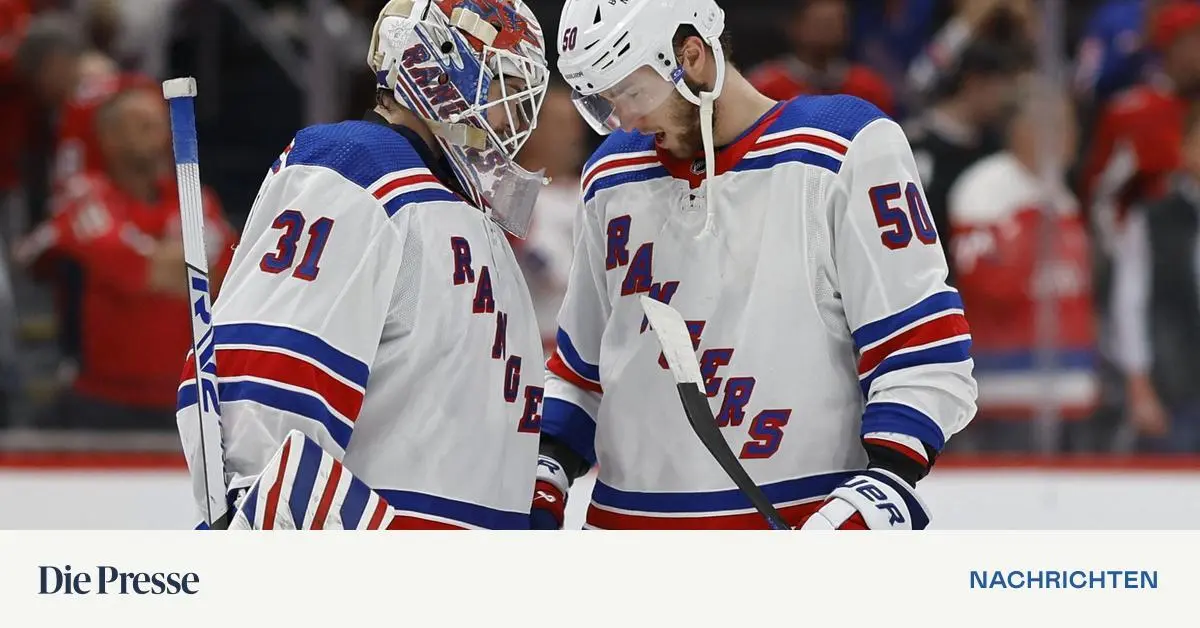NOS news•
From tomorrow, European cargo shipments of fresh produce will have to be directly inspected for disease at the British border. This applies to milk and meat, but also flowers and plants. Dutch flower and plant exporters are expecting delays of days and believe British customers will soon pay much more.
Since Brexit, Dutch flowers and plants have to be studied here, but also in the United Kingdom (UK). Until now, this was allowed to be close to the delivery address in miles locations in the UK.
That changes tomorrow. The many checkpoints at the terminal are exchanged for a few central points at ports (airports). For flowers and plants, this means that the inspection now takes place immediately when the cargo is taken off the ferry.
This is in addition to an earlier increase in the study. Until three months ago, only so-called high-risk products had to be inspected, such as flower bulbs that are more likely to carry germs. At the same time, it is necessary to check products where this risk is less, for example cut flowers and some plants.
900 million euros per year
Fewer inspection points and more inspections make the Dutch flora and fauna sector nervous. The Netherlands exports as many flowers and plants to any other country outside the EU as it does to the UK. This amounts to approximately 900 million euros out of a total export value of approximately 7 billion. The Netherlands only exports more to Germany, around 1.6 billion.
Leon Verschoor of Royal Lemkes from Bleiswijk has been one of the biggest exporters to the UK for decades. It supplies palm plants, olive trees, cacti and orchids, among other things, to the largest chains of home furnishing stores and DIY stores.
“British consumers love plants,” says Verschoor. But trade has been under pressure for some time. “Brexit has led to massive administration. This has huge cost implications, while the safety and health of the plants gets nothing. The exact inspection will be carried out twice within 24 hours.”
The company ships its goods to Felixstowe and Immingham. Verschoor is afraid of long lines: “We have tested the new rules. We see that it takes us 1.5 to 2 hours to load a truck. About 150 trucks come off the boat. If these trucks stand too long, molds will appear on the plants and you can throw them away.”
Still looking in danger
The British inspection service APHA says in writing that the inspections at the terminal were always temporary. The service wants to compensate for the lack of scanning capability in the ports by not scanning everything. Shipments that are more likely to introduce disease are flagged more often than other shipments. This seems to mean that the high risk policy that was abolished a few months earlier is coming back into use.
The Flower Nursery Products Wholesale Association (VGB) does not consider this answer to be satisfactory. “Several thousand checks are exchanged inland for just a few checkpoints at the ports,” says chairman Tim Roozendaal.
“We are happy that the audit recognizes that there is insufficient capacity, but it is too vague. Will I be audited? How long do I have to wait? What are the costs? Yes that uncertainty casts a shadow over the division.”
Roozendaal expects British consumers to see this uncertainty reflected in the price of flowers and plants. His trade association has sent a letter to London citing concerns about costs and waiting times. He wants the EU and the UK to come to an agreement quickly on this.
There are also concerns on the British side. RBF is the company responsible for customs clearance at the port of Felixstowe, ie providing the goods with the correct papers to allow them to travel further into the country. According to the director of RBF, Jon Beech, the working hours of the inspectors do not correspond to the peak hours of incoming goods, which are mostly at night.
“There is a lack of clarity about the costs and the scope of the inspections,” Beech said. He believes it will be a big gamble for carriers what happens. “Exporters will soon close their eyes, they will pray to God and hope things work out.”
2024-04-29 10:10:04
#Exports #flowers #plants #concerned #checks #British #border


